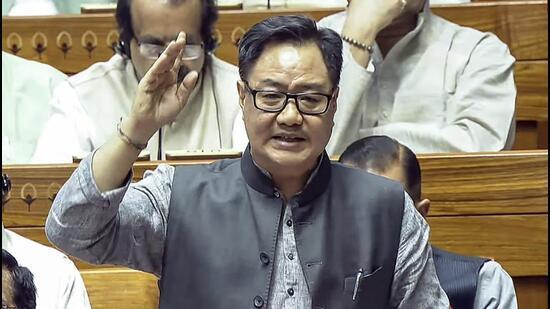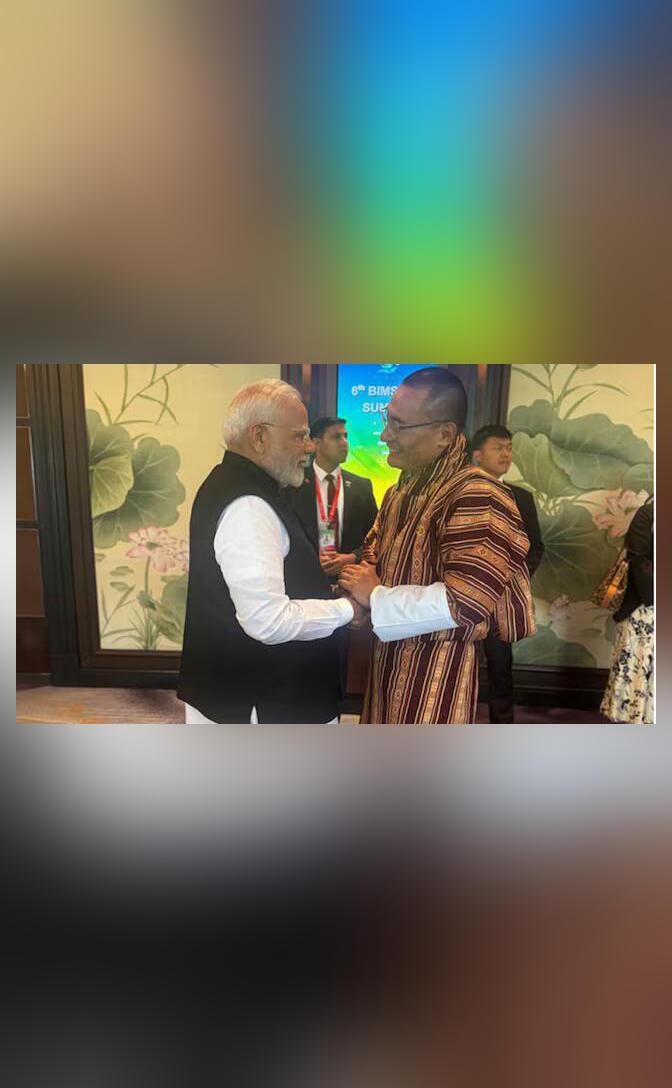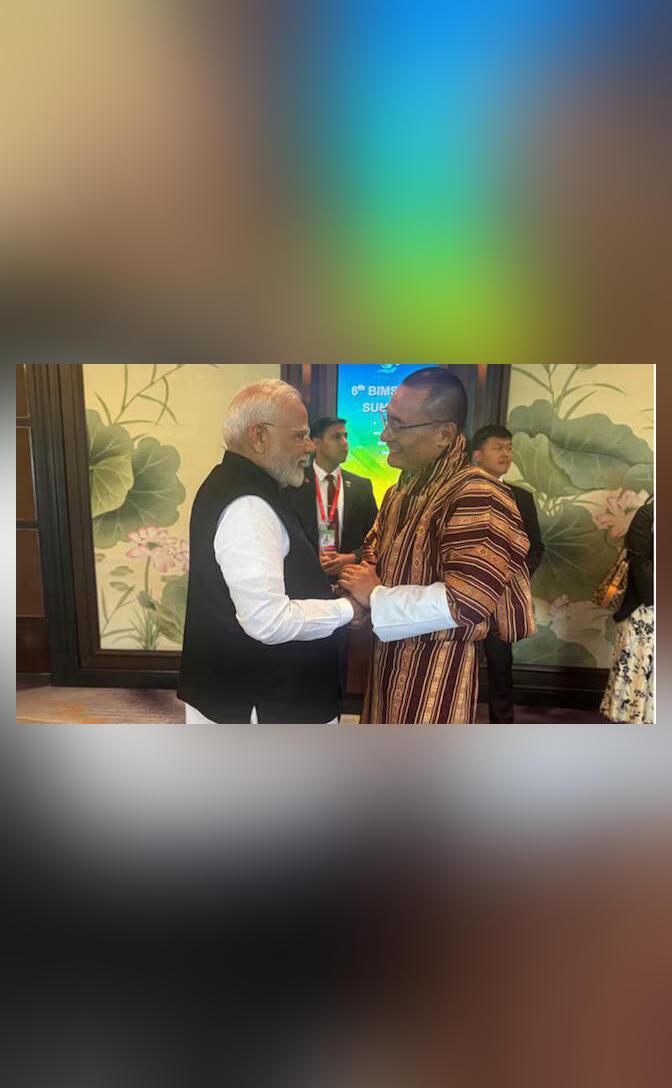
Opposition Creates Confusion & Leaves House: Rijiju in Rajya Sabha
The debate in the Rajya Sabha is often a testament to the democratic system of India, where opposing views are voiced and discussed to arrive at a consensus. However, sometimes the opposition can become too loud and confusing, causing the House to be disrupted and ultimately, the proceedings to be adjourned. Recently, Union Minister Kiren Rijiju took a dig at senior Rajya Sabha members for creating confusion and walking out of the House without listening to the replies.
The incident occurred during the discussion on the Waqf (Amendment) Bill. Rijiju, who is a minister of state for youth affairs and sports, accused MP Kapil Sibal of creating confusion by comparing the properties of Waqf bodies with those of other religious bodies. Sibal, a senior member of the Congress party, had raised questions about the bill, which aims to amend the Waqf Act, 1995. He expressed concerns that the bill might lead to the erosion of the powers of Waqf boards, which manage properties of Muslims.
Rijiju, however, countered Sibal’s arguments by saying that the minister had created confusion by raising unrelated issues and then walking out of the House without listening to the minister’s replies. The Union Minister argued that Sibal and other opposition members were not interested in having a meaningful debate on the bill but were instead trying to create a ruckus to disrupt the proceedings.
This is not the first time that Rijiju has criticized the opposition for creating confusion in the Rajya Sabha. In the past, he has accused opposition members of raising frivolous questions and then walking out of the House without listening to the replies. Rijiju has also been known to be vocal about the need for constructive debate and discussions in the House. He has often emphasized the importance of opposition members engaging in meaningful discussions and not just criticizing the government for the sake of criticizing.
The Waqf (Amendment) Bill is a significant piece of legislation that aims to amend the Waqf Act, 1995. The bill was introduced in the Rajya Sabha in August 2020 and has been pending since then. The bill seeks to empower Waqf boards to take control of Waqf properties, which are managed by these boards. It also aims to improve the governance of Waqf boards and to ensure that the properties are used for the benefit of the Muslim community.
The opposition has been critical of the bill, claiming that it will lead to the erosion of the powers of Waqf boards and will be used to take control of Waqf properties. Sibal, who is a member of the Congress party, had questioned the necessity of the bill and had expressed concerns that it might lead to the misuse of Waqf properties.
Rijiju’s criticism of Sibal and other opposition members is not without merit. The opposition has a responsibility to engage in constructive debates and discussions in the House. They must also be willing to listen to the replies of the government and engage in meaningful discussions. However, Rijiju’s criticism has also been seen as a way to silence the opposition and to stifle their voices.
The debate on the Waqf (Amendment) Bill is just the latest example of the opposition creating confusion and walking out of the House without listening to the replies. This is a trend that has been observed in the past, where the opposition raises questions and then walks out of the House without listening to the replies. This is not only unparliamentary but also undermines the democratic process.
In conclusion, Rijiju’s criticism of Sibal and other opposition members is a reminder of the importance of constructive debates and discussions in the House. The opposition has a responsibility to engage in meaningful discussions and to listen to the replies of the government. However, Rijiju’s criticism has also been seen as a way to silence the opposition and to stifle their voices.




